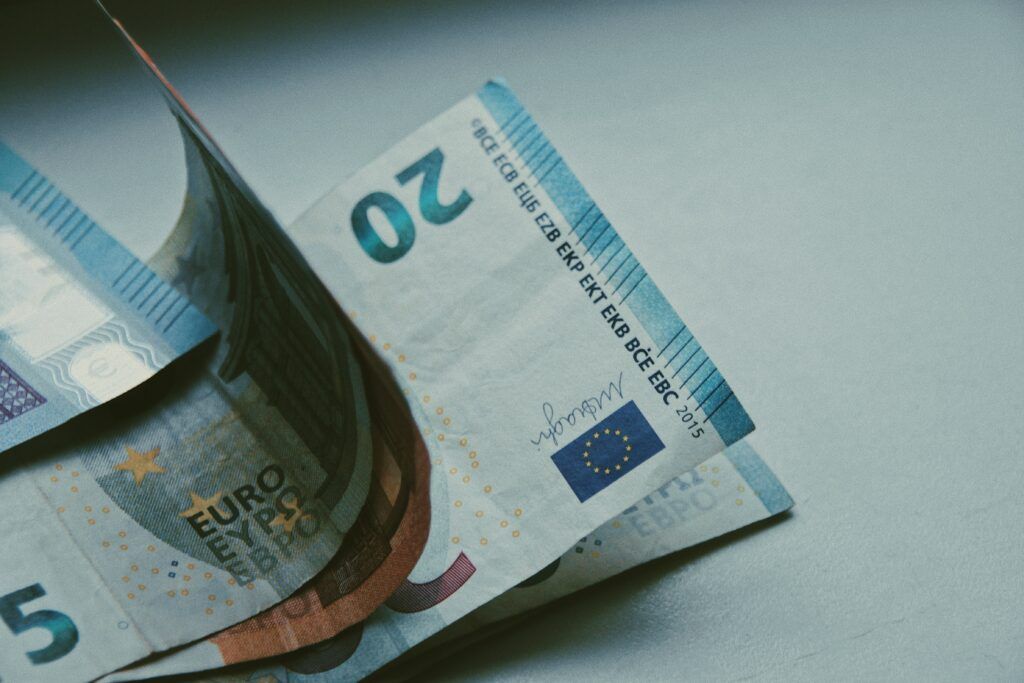The Commission has received official recovery and resilience plans from Denmark, Spain, Latvia and Luxembourg.
The Recovery, Transformation and Resilience plan aims to provide €672.5 billion in loans and grants to support reforms and investments undertaken by Member States. The aim is to reduce the economic and social impact of the coronavirus pandemic and to make European economies and societies more sustainable, resilient and better prepared for the challenges and opportunities of the ecological and digital transitions.
To this end, the different EU countries submitted these plans on 30 April, which were made possible after lengthy dialogue between the Commission and the national authorities. In addition, the plans of each country can be found at the following link.
Spain
Spain has submitted a plan, which can be found on the Moncloa website in Spanish. It has requested a total of 69.5 billion euros in grants under the RRF.
The Spanish plan is structured around four pillars: green transformation; digital transformation; social and territorial cohesion; and gender equality. It includes measures in sustainable mobility, energy-efficiency in buildings, clean power, digital skills, digital connectivity, support to the industrial sector and SMEs, and social housing. Projects in the plan focus primarily on the period 2021-2023. The plan proposes projects in all seven European flagship areas.
Denmark
In the plan it has submitted, Denmark has requested a total of €1.6 billion in grants under the RRF.
The Danish plan is structured around the three pillars of resilience, green and digital transformation. The Danish plan foresees significant investments in energy efficiency, green research & development, the reduction of Co2 emissions within the agricultural sector, and digitalisation. Projects in the plan cover the entire lifetime of the RRF until 2026. The plan proposes projects in five of the seven European flagship areas.
Latvia
In the plan it has submitted, Latvia has requested a total of €1.8 billion in grants under the RRF.
The Latvian plan is structured around six components: green and digital transitions; health care; reduction of inequality; economic transformation; and the rule of law. The plan includes reforms in health care, social policy, higher education and skills, and measures on sustainable transport, affordable housing, energy-efficiency in buildings and businesses, digital skills, research and innovation. Projects in the plan cover the entire lifetime of the RRF until 2026.
Luxembourg
In the plan it has submitted, Luxembourg has requested a total of €93 million in grants under the RRF.
The Luxembourgish plan is structured around the three pillars of cohesion and social resilience; green transition; and digitalisation, innovation and governance. The plan includes measures in skilling, healthcare, housing, decarbonisation of transport, protection of biodiversity, innovation, digitalisation of public administration, and promotion of a transparent and fair economy. Projects in the plan cover the entire lifetime of the RRF until 2026. The plan proposes projects in six of the seven European flagship areas.
Next steps
The Commission will assess the plans within the next two months based on the eleven criteria set out in the Regulation and translate their contents into legally binding acts. This assessment will notably include a review of whether the plans contribute to effectively addressing all or a significant subset of challenges identified in the relevant country-specific recommendations issued in the context of the European Semester. The Commission will also assess whether the plans dedicate at least 37% of expenditure to investments and reforms that support climate objectives, and 20% to the digital transition.
The Commission has now received a total of nine recovery and resilience plans, from Denmark, Germany, Greece, Spain, France, Latvia, Luxembourg, Portugal, and Slovakia. It will continue to engage intensively with the remaining Member States to help them deliver high quality plans.
More information
European Commission – Press Release
European Commission – Recovery and Resilience Facility
Government of Spain – Recovery, Transformation and Resilience Plan







Leave a Reply